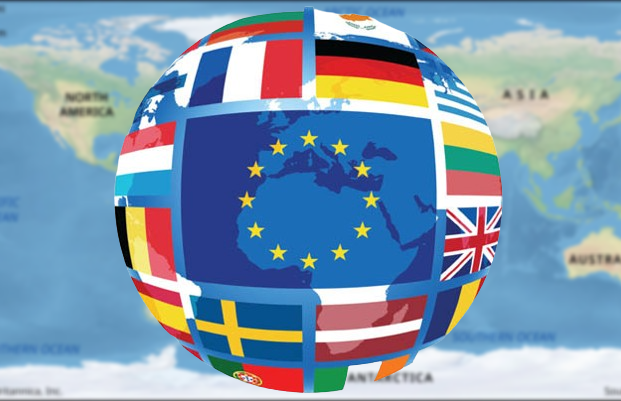
- Despite efforts to establish a leading role for Europe in trade, economic development, and regional conflicts, the lack of a clear European leader has created a significant void.
- Engagement with China as an equal partner has also suffered due to internal divisions within Europe and disagreements over Ukraine.
- In the realm of global conflicts, the absence of a clear European position and the inability to act as a third-party broker are evident, particularly in the Middle East and Africa.
In the evolving geopolitical landscape of the 21st century, the global order has been shaped by a delicate balance involving the United States-led economic and political institutions, the ascendance of China, and the counterbalancing influence of Europe. However, since the retirement of former German Chancellor Angela Merkel almost two years ago in December 2021, the absence of a prominent European leader has become increasingly palpable, reverberating across all regions.
The Russian military intervention in Ukraine merely three months after Merkel’s retirement provided a catalyst for political unity within Europe. Yet, paradoxically, it further isolated Europe on the international stage, not only in its interactions with Russia but, more significantly, in its relations with China and various non-aligned nations.
Despite concerted efforts to establish a cohesive and leading role for Europe in trade, economic development, and regional conflicts, the lack of a clear European leader has created a significant void. This void is acutely felt in global institutions like the World Trade Organization (WTO), where the absence of European leadership on trade, coupled with the United States turning inward, has dealt a blow to the promotion of free trade. The repercussions of the Brexit vote in 2016, particularly in the protracted negotiations between the European Union (EU) and the UK, have led to increased bureaucracy and protectionism, diminishing Britain’s global role.
Nowhere is the impact of the absence of European strength more apparent than in the Russian military operation in Ukraine. President Vladimir Putin explicitly cited Ukrainian aspirations to join the EU and NATO as significant factors, highlighting the geopolitical consequences of Europe’s diminished role. Germany, a key player in engaging Russia in the past, found itself constrained, with Russian natural gas becoming a tool of coercion rather than cooperation. Ironically, Germany’s decision to rely on Moscow for natural gas, following the Fukushima incident in 2011, has now backfired, leading to economic challenges and higher energy prices, putting the European economy at a disadvantage compared to emerging powers like India and Southeast Asia.
Engagement with China as an equal partner has also suffered due to internal divisions within Europe and disagreements over Ukraine. The rift was laid bare during separate visits to China by European Commission President Ursula von der Leyen and French President Emmanuel Macron, allowing China to exploit and amplify European divisions.
In the realm of global conflicts, the absence of a clear European position and the inability to act as a third-party broker are evident, particularly in the Middle East and Africa. Internal divisions within European countries further paralyze the continent, preventing a unified call for ceasefires or meaningful engagement with conflicting parties.
As economic power undergoes a shift globally, with emerging players like India, Indonesia, and Saudi Arabia gaining prominence, the instability of this multipolar world demands a more engaged Europe. Europe’s unique position and historical role make it crucial for navigating the complexities of the contemporary geopolitical landscape. Despite the rise of new powers, the world requires a proactive and unified Europe to address the pressing challenges of the present.
(Srijan Kumar is currently pursuing a PhD in South Asian studies from Delhi University. He is a writer and a columnist for various digital media houses. Opinions expressed are the author’s own)
